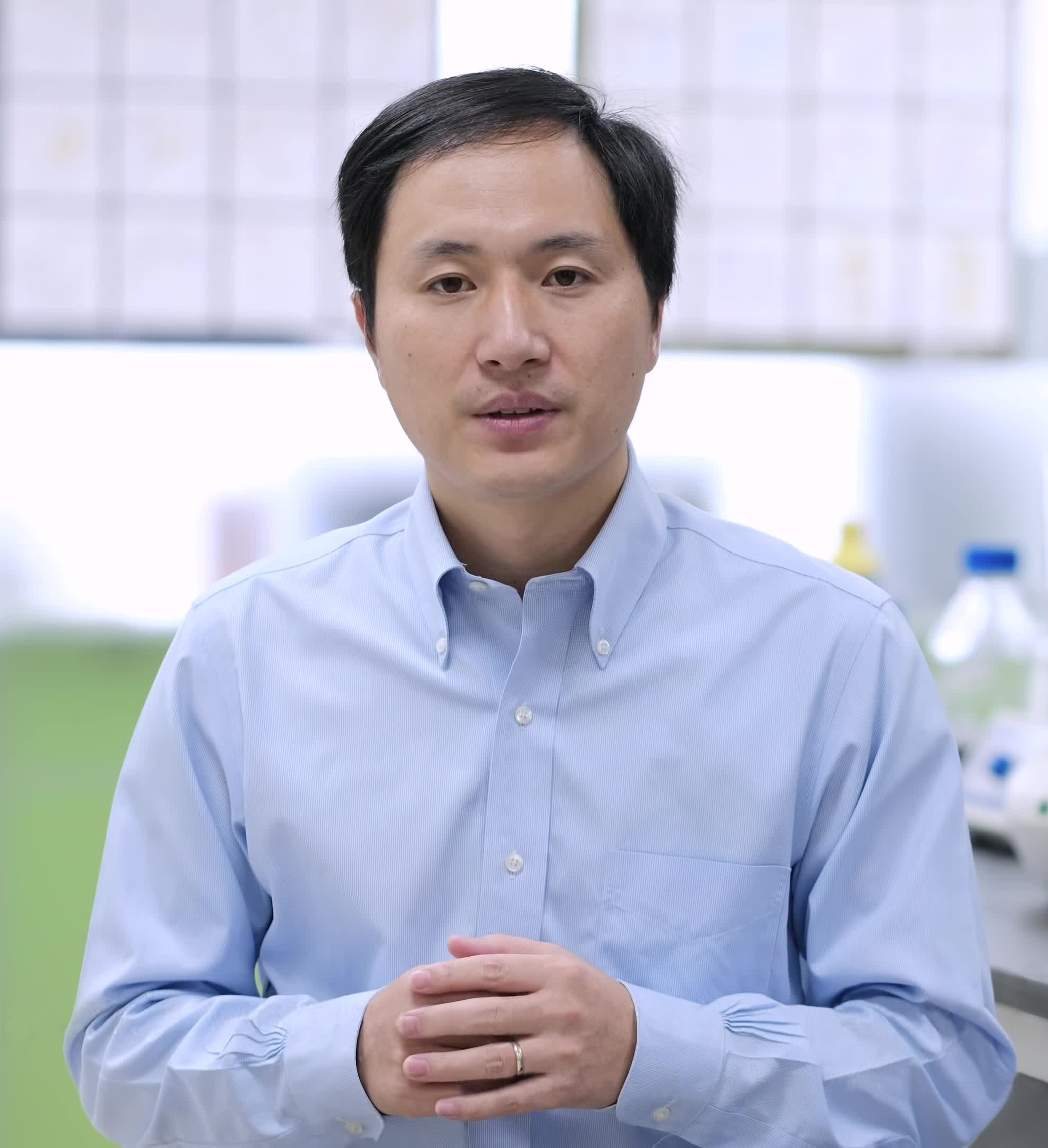Disgraced Chinese scientist wants to get back in the lab
By Katrina Northrop,
The Washington Post
| 04. 06. 2025
photo via Wikimedia Commons licensed under CC by 3.0
China's most infamous scientist is attempting a comeback. He Jiankui, who went to jail for three years after claiming he had created the world's first genetically altered babies, says he remains committed to returning to the lab - and to using gene editing to cure diseases like Alzheimer's. He, 41, has no lab or academic affiliations, and he can't travel: He says the Chinese government has confiscated his passport. But far from being disgraced after international condemnation, He presents himself as a martyr to the controversial technology, even as other scientists worry about its ethical implications.
"There has to be some person to speak for it," He said in an interview. "And I am the person." But much about He's original experiment and purported return to science remains murky. He admits he doesn't have a lab in Beijing - despite posting photos on X suggesting otherwise - and his relationship to the Chinese government, which is intent on developing a leading biotechnology industry, is, well, complicated. Simply put: He could be...
Related Articles
By Diaa Hadid and Shweta Desai, NPR | 01.29.2026
MUMBRA, India — The afternoon sun shines on the woman in a commuter-town café, highlighting her almond-shaped eyes and pale skin, a look often sought after by couples who need an egg to have a baby.
"I have good eggs,"...
By George Janes, BioNews | 01.12.2026
A heart attack patient has become the first person to be treated in a clinical trial of an experimental gene therapy, which aims to strengthen blood vessels after coronary bypass surgery.
Coronary artery bypass surgery is performed to treat...
By Staff, ScienceDaily | 01.05.2026
Scientists at UNSW Sydney have developed a new form of CRISPR technology that could make gene therapy safer while also resolving a decades-long debate about how genes are switched off. The research shows that small chemical markers attached to DNA
...
Following a long-standing CGS tradition, we present a selection of our favorite Biopolitical Times posts of the past year.
In 2025, we published up to four posts every month, written by 12 authors (staff, consultants and allies), some in collaboration and one simply credited to CGS.
These titles are presented in chronological order, except for three In Memoriam notices, which follow. Many more posts that are worth your time can be found in the archive. Scroll down and “VIEW...




